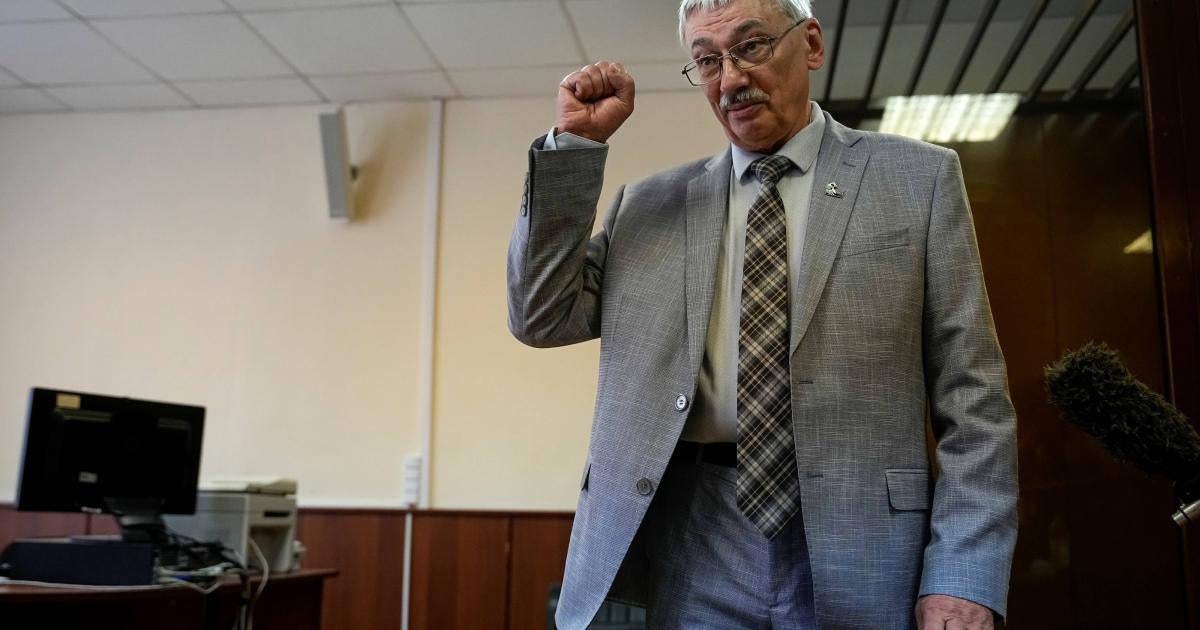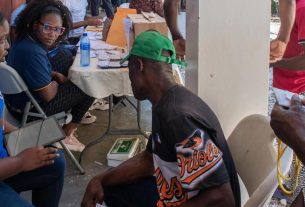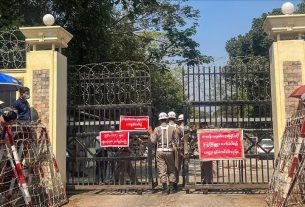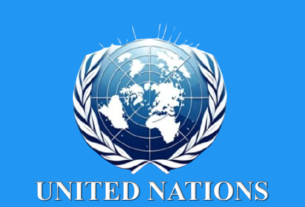Today, a Moscow court found Oleg Orlov, a leading Russian human rights defender, guilty on on charges of “discrediting” the military by speaking out against the war in Ukraine and sentenced him to a 150,000-ruble (approx. 1,500 USD) fine. His prosecution and verdict are a mockery to the rule of law and a stark example of the government’s misuse of the judicial system to retaliate against critics.
I worked with Orlov for many years in numerous conflict zones in Russia and beyond. He is a founding member of Memorial, one of the cowinners of the 2022 Noble Peace Prize. Several months earlier, authorities had shuttered the organization, but Orlov would not contemplate quitting despite great personal risks. Nor would he succumb to pressure from friends and colleagues and leave Russia to avoid criminal prosecution and near-certain conviction: just like he would not stop calling the Kremlin to task when Russia adopted draconian war censorship legislation after its full-scale invasion of Ukraine.
In 2022, Orlov was sanctioned seven times for anti-war pickets. Two of those penalties and his op-ed eloquently condemning Russia’s abusive tactics became the basis for the criminal charges against him. He turned every court hearing of his four-month trial into an opportunity to expose the Kremlin’s abuses at home and abroad.
Oleg and I attended many court hearings together in politically motivated cases. Not being able to be there for him in his court room today is wrenching to me, but Human Rights Watch is no longer welcome in Russia.
Back in 2007, security agents kidnapped Oleg from a hotel in Ingushetia, a small republic in Russia’s Northern Caucasus where he was documenting extra judicial killings, torture and enforced disappearances in counter-terrorism operations. Like many people whose cases he reported on, Oleg was thrown into a car with a bag plastic bag over his head, driven into the night, beaten, threatened with execution and dumped, disoriented, in the middle of nowhere. When I got through to him the next morning and begged him to get on the next flight out of Ingushetia, he was adamant. “No,” he said, “I’m ok now and there is plenty of work here for me to do.”
Russian authorities should vacate this disgraceful verdict and stop interfering with Oleg and other Russian human rights defenders who are courageously continuing with their work. There is plenty for them to do.



